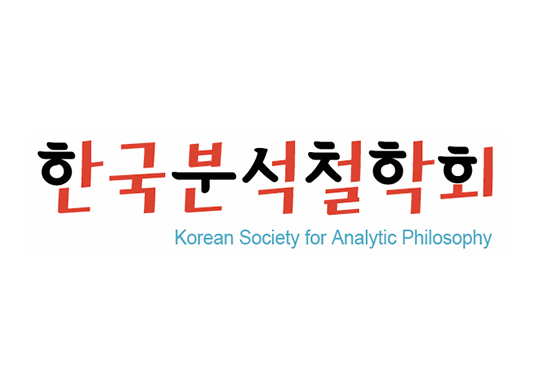혐오표현, 증언적 불의, 그리고 민주주의의 적법성
Hate Speech, Testimonial Injustice, and the Legitimacy of Democracy
김준열
충북대학교
철학적 분석
2024, vol., no.52, pp. 39-64 (26 pages)
한국분석철학회
초록
본 논문은 혐오표현의 금지에 반대하고 표현의 자유를 지지하는 로날드 드워킨의 “적법성 논변”에 대한 반론을 제기한다. 적법성 논변의 핵심은 혐오표현에 대한 금지가 민주주의의 적법성이 요구하는 공적 담론에의 동등한 참여를 침해한다는 주장이다. 본 논문이 제기하는 반론은 혐오표현을 허용하는 것 역시 공적 담론에의 동등한 참여를 침해한다는 것이다. 공적 담론에의 동등한 참여는 증언적 불의의 부재를 요구하지만, 혐오표현은 증언적 불의를 생산하거나 강화하기 때문이다. 만약 이 반론이 옳다면, 적법성 논변 자체는 혐오표현을 사용하는 이들의 표현적 자유를 보호해야 할 이유를 제공하지 못한다.
This paper aims to develop a new objection to Ronald Dworkin’s defense of free speech against the ban on hate speech, which I call ‘the legitimacy defense’. The gist of the legitimacy defense is that banning hate speech undermines equal participation in public discourse, which the legitimacy of democracy critically depends on. My objection is that permitting hate speech also undermines equal participation in public discourse because hate speech leads to testimonial injustice, and equal participation in public discourse requires the absence of testimonial injustice. If my argument is sound, the legitimacy defense cannot protect hate speakers’ right to free speech.

